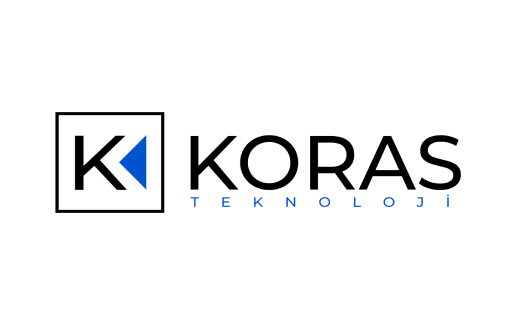In today’s rapidly changing business world, artificial intelligence (AI) technologies hold significant importance. Businesses have the opportunity to become smarter, more efficient, and more competitive by utilizing AI-based solutions. In this context, the potential collaboration between ChatGPT, developed by OpenAI, and SAP, a leading enterprise software provider, is highly exciting.
ChatGPT is a language model developed by OpenAI. Trained on a large text dataset, ChatGPT has the capability to provide real-time responses to users in natural language. This offers various opportunities for businesses, particularly in areas such as customer service, sales, support, and collaboration, where AI-based solutions can enhance and automate business processes.
On the other hand, SAP is a globally recognized and used enterprise software provider. It offers a wide range of products that encompass enterprise resource planning (ERP), customer relationship management (CRM), human resources management (HRM), financial management, logistics management, and many other business functions. SAP helps large and mid-sized businesses integrate and manage their business processes in an efficient manner.
The potential collaboration between ChatGPT and SAP presents significant opportunities for businesses to integrate AI technologies into their workflows. When used together, the interaction between ChatGPT and SAP offers several advantages:
Customer Service and Support: ChatGPT’s natural language processing capabilities can be utilized to understand and provide accurate responses to customer inquiries. By using a ChatGPT-powered chatbot instead of customer service representatives, businesses can quickly address customer requests and resolve issues. This increases customer satisfaction and contributes to improving the overall customer experience.
Sales and Marketing: ChatGPT can be used to provide information about products and services to potential customers and support the sales process. ChatGPT can analyze customer needs and offer personalized recommendations, thus increasing sales potential.
Data Analytics and Prediction: ChatGPT can analyze the vast data sources provided by SAP and offer valuable insights for businesses to make strategic decisions. AI-powered analytics enable businesses to make data-driven predictions and foresee the future.
Business Process Automation: ChatGPT and SAP can help automate routine business processes. Integrating ChatGPT’s natural language processing capabilities into business processes enhances efficiency, reduces errors, and saves time.
Human Resources Management: ChatGPT can be utilized in various HR processes such as recruitment, employee training, and performance evaluations. It can evaluate job applications, provide training materials, and offer feedback.
Data Security and Compliance: SAP has extensive experience in data security and compliance. The combined use of ChatGPT and SAP establishes a strong foundation for ensuring data security, regulatory compliance, and protecting user privacy.
The potential collaboration between ChatGPT and SAP offers various advantages for businesses, including increased customer satisfaction, improved efficiency in business processes, the ability to make quick and accurate decisions, enhanced inter-business communication, and collaboration. SAP solutions supported by AI technologies play a significant role in businesses’ digital transformation journey.
In conclusion, the potential collaboration between ChatGPT and SAP provides businesses with an opportunity to create a smarter and more efficient work environment through AI-based solutions. The integration of ChatGPT’s natural language processing capabilities with SAP solutions helps businesses improve customer service, sales processes, data analytics, business process automation, and human resources management. This potential collaboration empowers businesses with a competitive advantage, enhances customer satisfaction, and takes a step towards the future of business processes.



